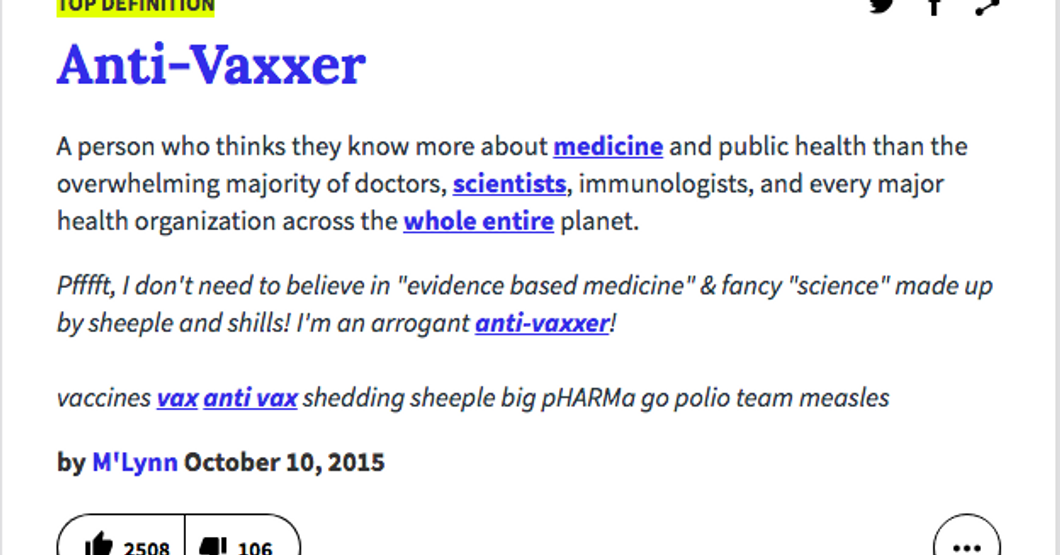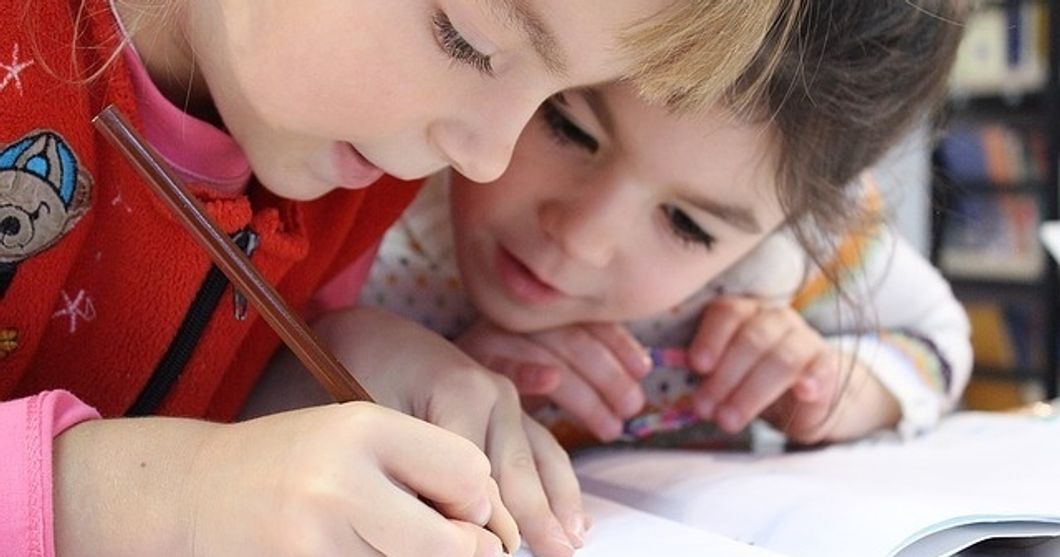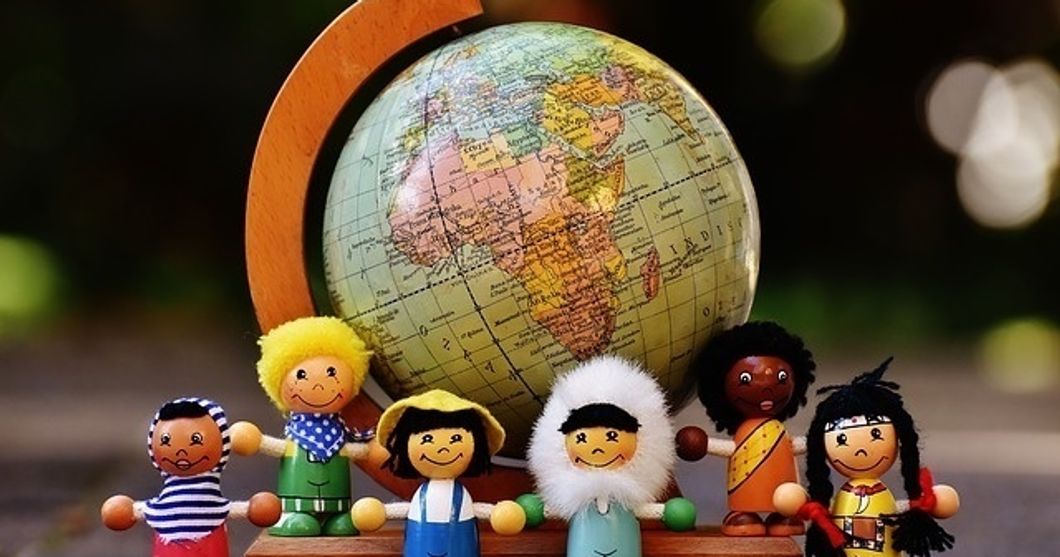Thanks to social platforms and mass media, we are all well aware of the backlash parents who choose not to vaccinate their children (anti-vaxxers) face on a day-to-day basis. The opposing majority of pro-vaxxers- parents who choose to vaccinate their children take every opportunity to lecture and berate these individuals on their perceived ignorance and bad parenting. A simple glance at the Urban Dictionary definition of an anti-vaxxer reveals the negativity and intellectual superiority pro-vaxxers project onto these individuals.
Despite the advantage of numbers and scientific support on their side, the pro-vaxxers fail time and time again to influence the views of anti-vaxxers. Unsurprisingly, this failure is often contributed to the anti-vaxxers naiveté and gullibility. However, a Huffington Post article by Robert Stoker, Professor of Political Science at The George Washington University, argues that this assumption is merely the result of cultural biases. In his article, Stoker claims "parents may refuse vaccination because they are making a strategic decision to exploit herd immunity by free-riding on the affirmative vaccination decisions of others." Therefore, Stoker concludes, these parents are anti-social rather than irrational. Now, the question is: how is this anti-social behavior reflected in the lives of anti-vaxxers' children?
Understanding the health risks and consequences that associate with refusing vaccinations is only part of the equation. The parents of unvaccinated children are equally responsible for teaching their kids how to effectively navigate an increasingly health-conscious world. For example, children are encouraged and even expected to begin developing their social skills in the early stages of childhood development. The success of this process is heavily dependent on frequent interaction with children outside their family unit.
Depending on where you live, state laws and district policies can limit the breadth of social exposure unvaccinated children experience in this critical stage of childhood development. Generally speaking, many daycares, pre-schools, and primary education establishments require that children receive certain vaccinations before they are granted admittance to the program. In cases where parents cannot obtain a medical or philosophical exemption, their children's social interactions are often restricted to tight-knit anti-vaxxer communities. As a result, these children are not exposed to the same variety of ideologies and personalities they would otherwise encounter in the expanded community.
In her testimony, "Growing Up Unvaccinated", Amy Parker explains her reasoning for vaccinating her children. By recounting the numerous, debilitating illnesses she contracted and witnessed in her youth, Parker makes clear the severity of the health risks faced by unvaccinated children. "I have friends who became deaf from measles. I have a partially sighted friend who contracted rubella in the womb. My ex got pneumonia from chicken pox. A friend's brother died from meningitis." In tandem with these health concerns, Parker considers the social consequences of refusing to vaccinate children. She voices her concern regarding unvaccinated children's development of characteristics like compassion and responsibility. "Teach your child compassion, and teach your child a sense of responsibility for those around them. Don't teach your child to be self-serving and scared of the world in which it lives and the people around him/her."
This sentiment does not aim to imply that parents who choose not to vaccinate their children are incapable of instilling such attributes in them. It simply asserts that, based on their own decisions, they cannot lead by example.






 Photo by
Photo by  Photo by
Photo by  Photo by
Photo by 



















